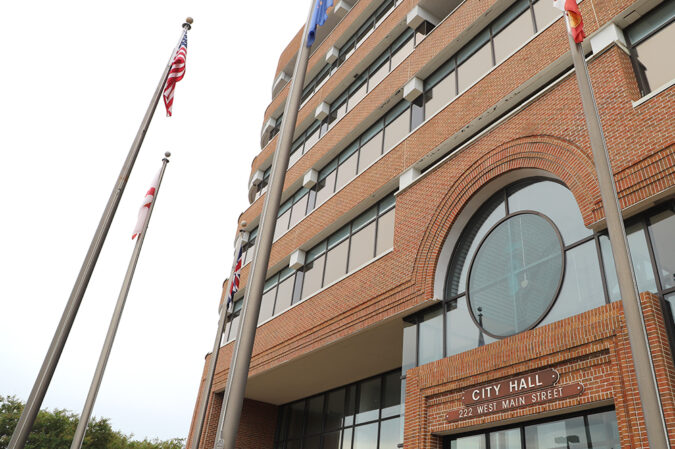
City Likely Sticking with Strong Mayor Governance
by Jeremy Morrison, Inweekly
The Pensacola City Council received a run-through of proposed changes to the city’s charter during a Monday afternoon workshop as members look toward making a final decision on the proposals in July. Whatever changes the council ultimately signs off on will go before city voters on the November ballot.
For the past few months, Pensacola’s Charter Review Commission has poured over the city’s current charter, established in 2010, and considered various changes. Among the commission’s recommendations are both housekeeping items—essentially cleaning up the once-functional-but-now-obsolete language—as well as substantive tweaks, such as new term limits and salary calculations for elected officials.
While city council members dove deep into the particulars of the commission’s various recommendations, they appeared to be generally accepting of the proposed changes to the charter.
“I honestly am incredibly impressed with the Charter Review Commission,” said Councilwoman Jennifer Brahier, noting the commission’s “very mindful” approach. “I think we have to lean towards understanding how much work they put into this and then back away from that carefully.”
Council President Ann Hill agreed: “I didn’t find very much offensive or objectionable.”
The 2010 charter replaced a professional city manager with an elected mayor as Pensacola’s chief executive officer. Some critics have been concerned that the switch vested too much power in the mayor’s office with insufficient oversight from the council. To partially address this concern, one proposed charter allows city department heads to appeal a termination by the mayor to the council, which can overturn the firing via a majority-plus one vote.
City Council Executive Don Kraher had suggested the proposal to the CRC so that department heads could offer reports to the councilwithout fear of being unilaterally terminated by the mayor without recourse. He believed that the absence of such recourse has resulted in department heads being less than forthcoming.
“I can tell you, in the past, department heads that have come before you have not given you 100% accurate information,” Kraher said.
Citing a recent misrepresentation about the number of police officers employed, Councilwoman Brahier said that she felt that offering department heads such an option was sufficient and that she doubted the recourse would be initiated except for “really extreme cases.”
“Most people don’t want their employment debated by us, for goodness sakes,” she said.
Among the more notable proposed changes to the charter are defining term limits for the mayor and council members, as well as redefining their salaries. As for term limits, the CRC—acting on a suggestion by Mayor Grover Robinson—is proposing that a mayor be limited to two consecutive terms. According to Kraher, this allows for a mayor to seek additional terms following an absence from office. Council members will continue to be held to three consecutive terms.
The CRC made no recommendations on council salaries. However, Kraher suggested the council consider basing salaries on a state formula used by other local governing bodies— such as the Escambia County Board of County Commissioners and the county’s school board members—which takes into account a municipality’s population base and adjusts annually.
“It would, in essence, take it out of your hands, and you just go by the formula, and the formula is what the formula is,” Kraher said, explaining that he felt the change would de-politicize the salaries. “In my humble opinion, I think it takes the politics out of it.”
“Makes sense to me,” concluded Hill.
Other recommendations include candidate filing fees and filling council vacancies. Another measure addressed the issue of entering into a utilities agreement—an issue that has received much attention recently—and suggests that no contract be entered into without first conducting a feasibility study on forming a municipal utility.
Because there are several proposed changes to the charter, many of them unrelated, some of them amounting to clerical clean-ups, it remains to be seen just how they will be assembled on the ballot. Kraher said that Election Supervisor David Stafford has expressed concerns about the amount of space such measures will take up on the fall ballot, suggesting some changes will be assembled together. In contrast, others will need to stand alone.
“It could potentially be a long ballot,” Kraher said.
Councilman Jared Moore said that to avoid “voter fatigue,” the council should consider lumping proposed changes together where appropriate. “It could quickly become overwhelming for the voter.”
City council will further discuss the proposed charter changes on Monday, July 11. Once decisions have been made on which to put before the voters, city staff will begin the process of placing the measures on the November ballot.



